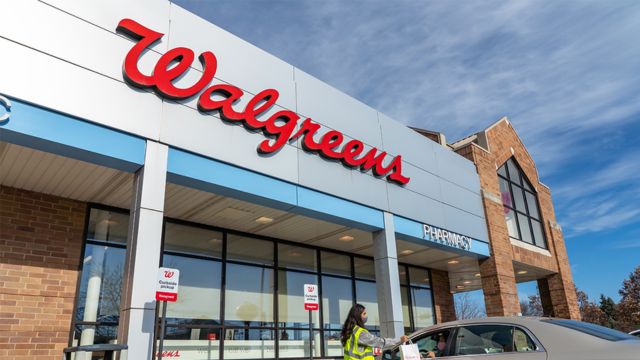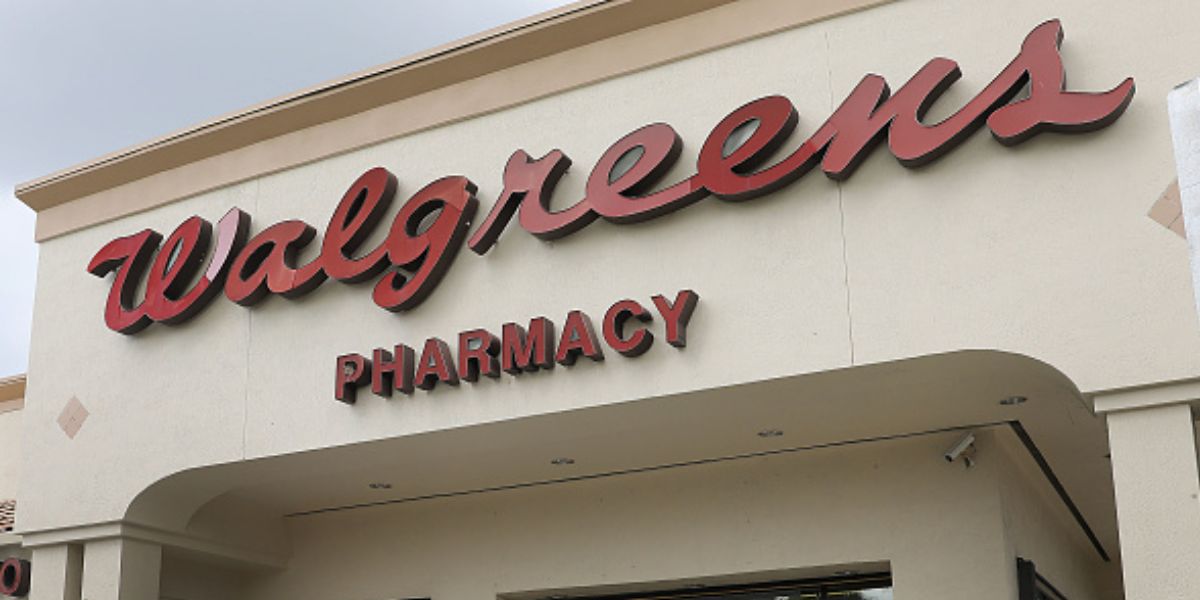WPBN: Walgreens is at a turning point in its history, and significant changes appear to be imminent.
According to reports, the drugstore behemoth is negotiating a possible takeover with private equity firm Sycamore Partners, which may take the business private as early as next year. Even if nothing is finalized just yet, this action has the potential to drastically alter the Walgreens of today.
What’s happening?
Only a few weeks have passed since Tim Wentworth, the CEO of Walgreens, announced intentions to close about 1,200 shops by 2027. These closures are a part of a bigger effort to turn the company around following years of falling revenue, along with a $1 billion cost-cutting plan.
Although the precise locations are yet unknown, the network has already set aside at least 500 closures for 2025. Additionally, Walgreens is reducing its workforce by firing a number of mid-level executives.
All of this is a part of a plan to deal with what Wentworth refers to as a “challenging” environment for the pharmaceutical business and consumers.
Earlier this year, Wentworth stated, “This turnaround will take time.” “However, we are certain that it will eventually result in substantial financial and consumer advantages.”
The statistics paint a bleak picture. From a peak of more than $100 billion in 2015, Walgreens’ market value has fallen to only $7.5 billion today. This year, shares have dropped over 70%, while the company’s third-quarter earnings fell 14%.
This is a challenging time for one of the most well-known pharmacy businesses in America since inflation and other economic issues have fueled the flames.

Could the Game Be Changed by a Buyout?
Walgreens might be completely removed from the public market if the deal with Sycamore Partners is successful. This would allow the business to recover out of Wall Street’s scrutiny.
It may, however, also result in some discernible changes for consumers. Sycamore and other private equity firms frequently concentrate on reorganizing companies to optimize profitability, which occasionally entails even more cost-cutting initiatives or changes to the way the organization runs.
Walgreens has previously dealt with the possibility of a buyout. The company was on the verge of being acquired by private equity firm KKR for $70 billion back in 2019. Sycamore’s interest now suggests that Walgreens still has appeal despite its difficulties, even though that deal fell through.
For some time now, Walgreens has been attempting to rebrand itself. The business made a $5.2 billion investment in VillageMD clinics in 2021 with the goal of converting its retail locations into medical facilities with on-site physicians. However, the abrupt closure of all VillageMD stores in Florida earlier this year demonstrated how difficult the road has been.
Consumers’ responses, however, have been conflicting. Walgreens’ introduction of more than 150 new products has drawn praise from some, while other modifications, such as anti-theft measures that make it more difficult to access personal belongings, have drawn criticism. Many customers are unsure of what will happen next because of the impending closures and the possible acquisition.
More Coverage:
- Tyson Foods Announces Plant Closures in Kansas and Pennsylvania, Laying Off Hundreds of Workers
- 2024 Retail Crisis: Store Closures Up 69%, Thousands of Locations Shuttered
- Walgreens Continues Bay Area Store Closures with 3 More Locations Closing
What Can Shoppers Expect?
If you frequently shop at Walgreens, you may notice some significant changes in the years to come. Closing stores may result in fewer places to buy necessities or pick up prescription drugs. Additionally, there’s always the chance of a redesigned shopping experience—or additional cost-cutting measures that would affect convenience—should Sycamore Partners take over.
All eyes are on the negotiations for the time being. One thing is certain, regardless of the buyout: Walgreens is placing a significant wager on a resurgence.












Leave a Reply